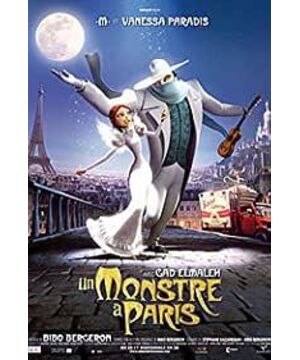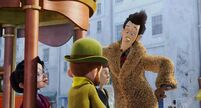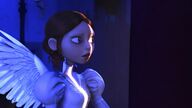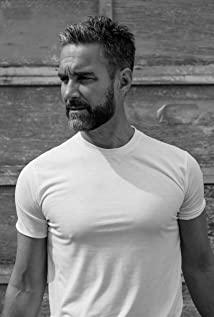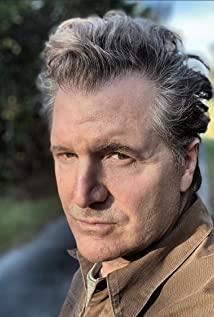1. The biggest confusion comes from the first villain in the film, the police chief (referred to as P), Mr. P, which has the following shortcomings.
1. From the beginning of the film, it tells how incompetent P is, disregarding the wishes of the people, and not ruling out the floods in Paris (doing nothing);
2. Later, I learned that I can use "monsters" to get support, but not only did not punish the three perpetrators, Including a monkey, but instead giving them the Medal of Honor (reversing right and wrong);
3. In the courtship process, using "we" too early, and using "we" too early (sexy) is a disadvantage...;
4. Want Killing Frank has already reached a point of madness and madness... Not only does he push and shove the woman he pursues, he is ruthless, but he also ignores the means of flying hot air balloons, cutting the ropes of the cable car, and disregarding these cover-ups. The life and death of the person can be said to be omnipotent.
However, it was at the end that I felt that this person still had some advantages:
1. Judging from the reports of the citizens, Frank was undoubtedly a monster (and what would a flea eat? I dare not say, it is so big of a parasitic flea is not harmful). After the police chief discovered the monster, the people fled, and he chased him alone (and his little assistant, "bald head" for short G), jumped the balloon, fell from the Eiffel, and got up to continue shooting. It can be said that he is still brave.
2. In front of monsters, righteousness kills relatives. Seeing the woman he loves (of course it may not be his love, at least he has a good impression and wants to pursue it), he is ruthless and selfless. Even if he threatens her with "you will find another singer tomorrow", he does not hesitate to enter the door to search.
Second, there is no less than the biggest confusion, which is about the assistant to the police chief, Mr. G "bald". There are mainly the following doubts that I can't figure out:
1. He has always been dedicated to catching monsters, which can be seen from his previous dedication. But in the end, not only was the monster Frank's name called out, but the chief was arrested for "murder."
2. He has no principles. Before, he wanted to arrest three perpetrators. The director did not agree, and he had to award three medals, so he acquiesced. Then suddenly the principle was very strong, and the monster must be caught, and the director must be arrested.
3. His physical strength was very weak. After riding a hot air balloon for a long time, he was broken by the director. According to the plot, he has two consequences. First, he fell into the water, swam back to file a complaint, got an arrest warrant, and brought soldiers back to arrest the captain; second, he kicked back to his death, sued, got an arrest warrant, and brought soldiers back to arrest the captain.
4. I don't know his beginning, but the result is not bad. It seems that he became the director, and he was favored by the mother of the female pig's feet (her mother is a snob, and ordinary people don't like it. From the later development, Mr. G should be doing well.)
Third, about flea Frank. I don't know what he eats. Biologically speaking, both male and female fleas suck blood, and when they become so big, they don't know how much blood they need to suck. And importantly, in the entire film, there is no scene where Frank eats. However, obviously, since the director was arrested, everyone has recognized (or no one pursued) this monster (don't think everyone thinks the monster is dead, at least "bald" Mr. G should know...)
Actually, I know it's a fairy tale , fairy tales can't be demanding, but there are so many points in the film that confuse me, I can't help but write it out and leave it to myself.
View more about A Monster in Paris reviews


